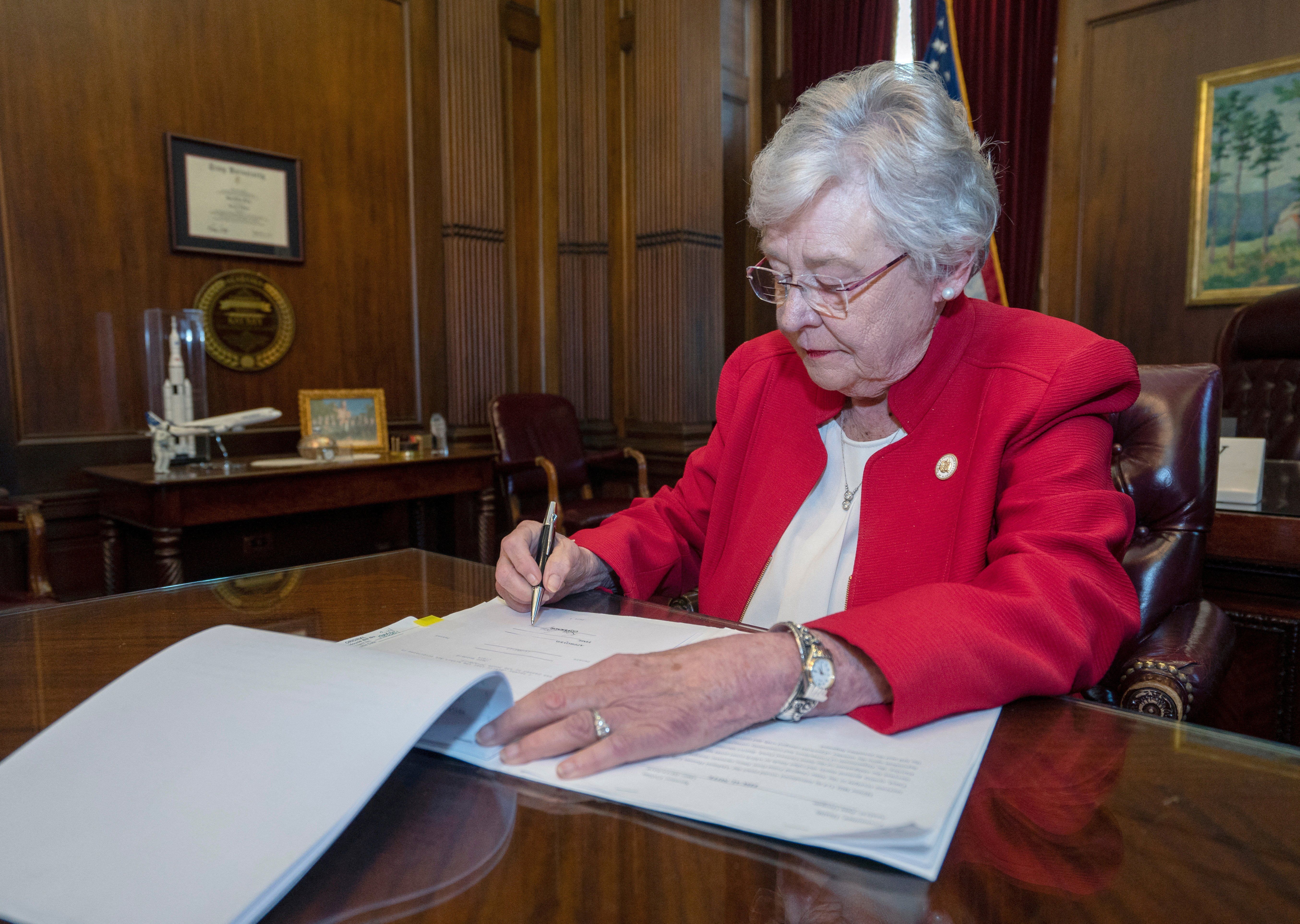March 07, 2024
Alabama’s state supreme court ignited a political firestorm last month when it ruled that frozen embryos are “children” with a constitutional right to life. That announcement forced many in vitro fertilization clinics to close their doors to avoid legal risk, leaving Republican lawmakers scrambling to catch up with an issue that even voters who favor abortion restrictions are concerned about.
Last week, Axios reported that a half dozen swing-district House Republicans were signing onto a resolution in support of continuing access to fertility treatment as other prominent national Republicans struggled to settle on a GOP message on the subject. In response, first lady Jill Biden invited an Alabama woman seeking IVF services as a guest at last night’s State of the Union address. To double down on the point, Sen. Tim Kaine (D-VA) invited 42-year-old Elizabeth Carr, the world’s first “test-tube baby” to attend the speech.
Alabama Republicans quickly decided to get in front of the controversy. On Wednesday, the Alabama State Legislature passed a bill that grants civil and criminal immunity for in vitro fertilization service providers and receivers, and Republican Gov. Kay Ivey signed the bill into law less than an hour later. The move allows both patients and clinics to restart IVF treatments in the state without fear they could be prosecuted if embryos are damaged or destroyed during the procedure. It also highlights the election-year political stakes surrounding all aspects of reproductive rights, one of America’s most controversial political issues.
More For You
Most Popular
With the US leading production and China driving new reactor development, Bank of America breaks down the who, what, where, when, and why behind nuclear’s return. Stay ahead of global energy trends with Bank of America Institute.
Chris, an Army veteran, started his Walmart journey over 25 years ago as an hourly associate. Today, he manages a Distribution Center and serves as a mentor, helping others navigate their own paths to success. At Walmart, associates have the opportunity to take advantage of the pathways, perks, and pay that come with the job — with or without a college degree. In fact, more than 75% of Walmart management started as hourly associates. Learn more about how over 130,000 associates were promoted into roles of greater responsibility and higher pay in FY25.
Last week, at the Munich Security Conference, a group of global technology providers, including Microsoft, announced the Trusted Tech Alliance — committed to shared, verifiable principles for trusted, transparent, and resilient technology across borders. At a moment of economic volatility and zero-sum technological competition, countries and customers are demanding greater accountability from technology providers. The Alliance addresses this by bringing together companies from across Africa, Asia, Europe, and North America around shared commitments: transparent governance, secure development practices, supply chain oversight, open digital ecosystem, and respect for the rule of law — ensuring the benefits of emerging technologies strengthen public trust while driving job creation and economic growth. Explore the Trusted Tech Alliance here.
© 2025 GZERO Media. All Rights Reserved | A Eurasia Group media company.
